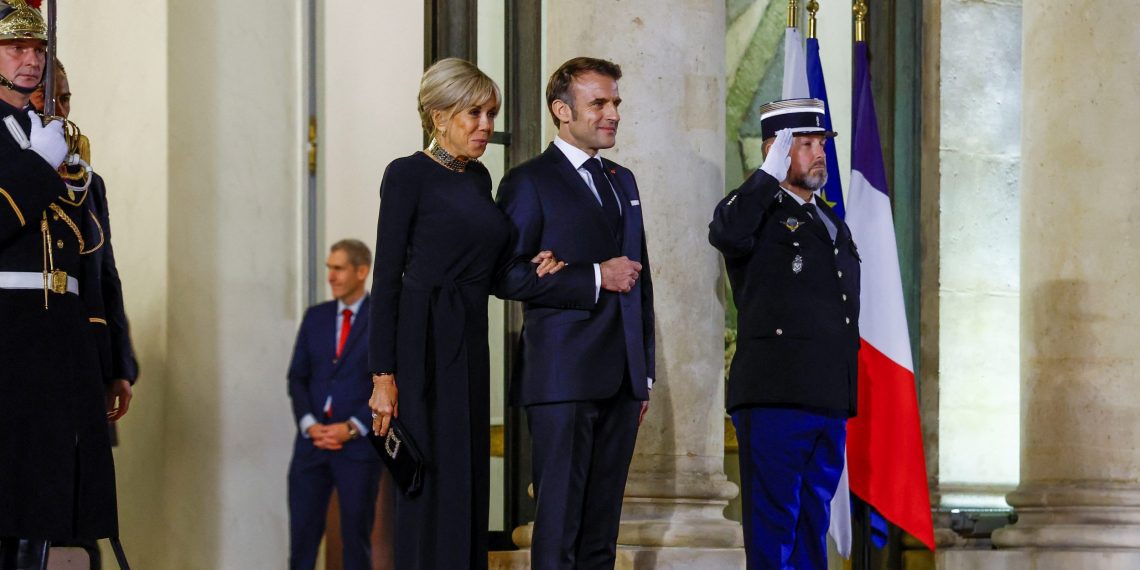A fierce Franco-German rivalry has erupted over the Mercosur trade deal, throwing the European Union into turmoil as French President Emmanuel Macron openly opposes European Commission President Ursula von der Leyen’s efforts to finalize the agreement.
Von der Leyen, a German and head of the European Commission, flew to Uruguay to push through the long-stalled trade pact with South America’s Mercosur bloc—Argentina, Brazil, Uruguay, Paraguay, and Bolivia. Germany sees the deal as vital to revitalizing its faltering manufacturing sector, but France, led by Macron, fears it will devastate its agricultural industry and enrage its already disillusioned population.
“This is unacceptable in its current form,” Macron declared after speaking with von der Leyen, pledging to protect “agricultural sovereignty.” France has long opposed the trade pact, warning it would flood European markets with cheap Latin American poultry and beef, threatening French farmers’ livelihoods.
The French position, fueled by domestic political instability, has become more entrenched after the recent collapse of Macron’s government. Critics in Paris accuse von der Leyen of exploiting the crisis to bypass French resistance. Christophe Grudler, a European Parliament member aligned with Macron, called her timing “a big mistake,” accusing her of taking advantage of France’s weakened state.
Germany’s Geopolitical Gamble
Meanwhile, Germany has hailed von der Leyen’s push as a victory for European credibility. “This is a really good day for Germany and Europe,” said Isabel Cademartori of Germany’s ruling Social Democrats. Berlin views the Mercosur deal as a chance to secure growth markets for its struggling industries and to bolster the EU’s geopolitical clout in the face of rising Chinese and U.S. trade pressures.
Germany’s frustrations with French obstruction are boiling over. Some German officials suggest reclaiming national control over trade negotiations, a move that would undermine one of the EU’s core competencies and challenge the union’s fundamental structure.
Political Explosions Loom
As tensions escalate, the stakes for European unity are unprecedented. France has scrambled to build a blocking minority within the EU, enlisting Poland to oppose the deal but failing to win over Italy. Without sufficient votes to veto the agreement, Macron’s options appear limited.
The fallout could be seismic. François Chimits, an economist at the French research center CEPII, warned that forcing through the deal would ignite “a nuclear explosion in French opinion against Europe,” empowering far-right leader Marine Le Pen and further destabilizing the EU.
Von der Leyen’s high-stakes gamble will conclude in Paris, where she is set to attend the reopening of Notre-Dame Cathedral on Saturday. There, she may face a less-than-welcoming reception from Macron, whose political future—and that of the EU—hangs in the balance.









